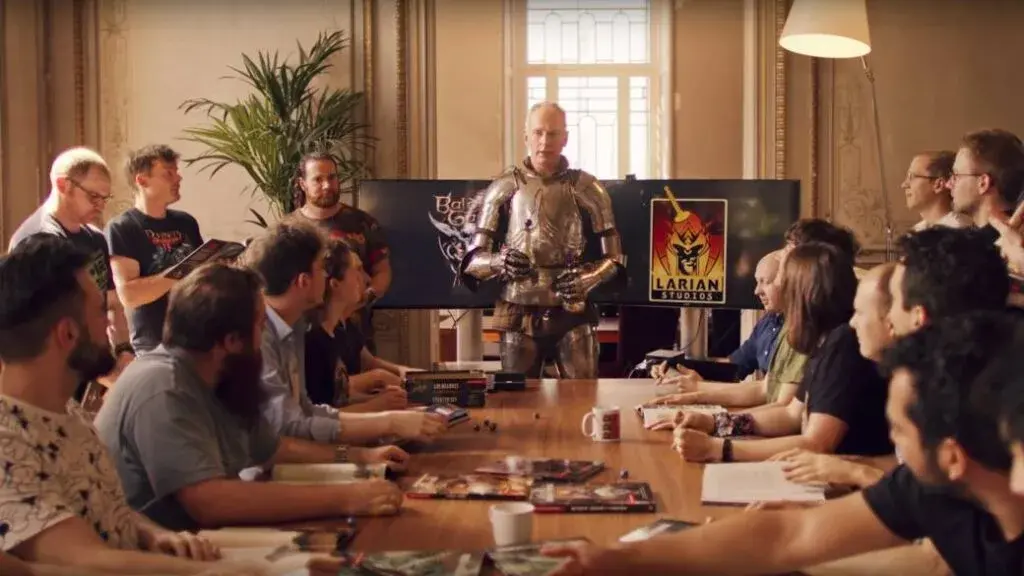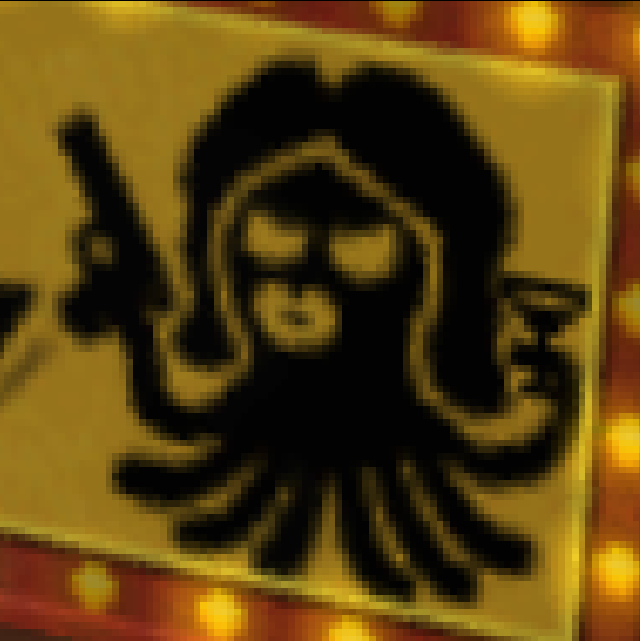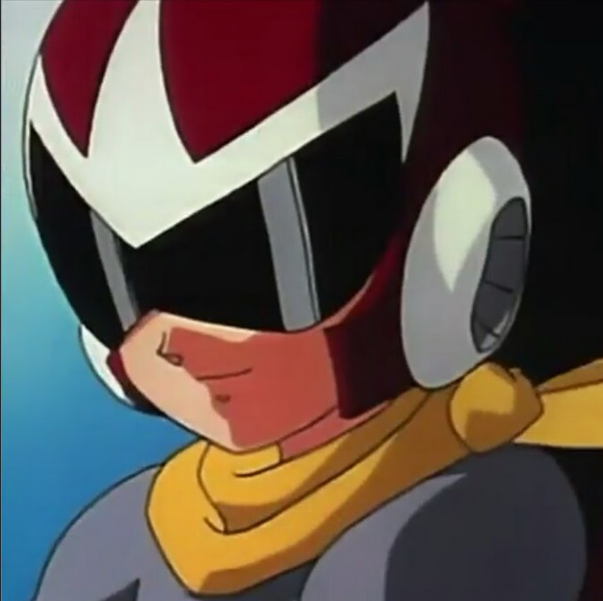- cross-posted to:
- [email protected]
- [email protected]
- cross-posted to:
- [email protected]
- [email protected]
This post was inspired by two things I saw recently: The connection between these two items is not obvious, but it is interesting. The lemon problem WeFunder, for the uninitiated, is a crowdfunding platform for (primarily) technology companies. It allows community-oriented startups to sell a small % of ownership to their users and supporters.
He’s right on all counts. Larian is – today – in an unparalleled position as a developer of RPG games. They have great experience, multiple studios, a supportive community, and a huge IP.
All of that, except maybe the supportive community, are traits which the huge gamestudios/publishers like EA and Ubisoft also have. I’m pretty sure it would be hard for ubisoft to claim inexperience when developing the next assassins creed for example.
I think the main difference, as mentioned in the article, is the vision. Ubisoft wants to make the next games in their money making franchises. Larian wanted to make a good game.
The gaming industry is designed to fail in this economy. The objectives of “maximize return” and “make something fun” rarely overlap. Best they can do is trick people into habitual play and hope they can’t distinguish between an occasional dopamine drip and fun.
Games with narratives, no financial gimmicks, and good old-fashioned fun mechanics (subjective) will always get my attention. Fuck EA, Activision, ubisoft, Bethesda. Got too big. Priorities got twisted. I pity the designers and creators with passion there.
The saddest one to fall was definitely BioWare. Larian stands on the shoulders of a giant but that giant is currently a shell of its former self.
For all it’s flaws, Mass Effect Andromeda was beautiful (if you ignore character models and focus on scenery). It’s story was weak, but the gameplay compelling. It’s actually disappointing it was so badly received, because in many ways it was quite a good game. There was a feel of BioWare returning to the style of the original Mass Effect, but we’ll probably see less of that considering how badly it was received.
How exactly is a game with by your own admission weak character and story writing a return to form? BioWare’s killer advantage for a long time was their excellent character and story development.
The environments. ME2 and ME3 felt like everything was in a long hallway, just very much funneling you down a path you didn’t have a lot of exploration choices in. Mass Effect had grand and large environments to explore in the Mako, and MEA was the first entry in the series since that had large open areas for exploration on planets. Whatever you feel about weak story, the environments were beautiful and well designed.
The Mako sections in ME1 weren’t really “open world”, they were just bigger hallways in many cases. IMO none of the core Mass Effect games was particularly open world, since they were based on missions. They were all more of a “hub and spoke” design, where you travelled from one hub to another and then those hubs would have local missions you could go on.
At the end of the day, all of the ME games have pretty environments, but the pretty environments aren’t the thing that keeps me coming back to the series over a decade after its launch, the writing is.
And their writing has, very unfortunately, really fallen off. Just compare Saren as a villain to, say Corypheus, or whoever that completely forgettable dude was in Anthem. Even in Andromeda, all the characters felt kinda one-note or like ME characters with the serial numbers filled off.
Even though it was developed by a different team, they did capture the general charm IMO. The story and characters aren’t terrible, some of it I really loved. Like Inquisition and Anthem, it was primarily let down by a lot of management and studio culture issues which have been made very public.
In my view, Dreadwolf is their opportunity to show if they’ve managed to overcome those callenges or has sucumbed to them forever. I am made hopeful by what appears to have been a well-scoped and managed project in the Mass Effect Legendary Edition.
I agree 100% with you! Just a tiny thing I’d like to add: Ubi does, aside from some shitty practices, microtransactions and a ton of stupid money grabbing games, actually makes also a lot of good games. Their “Indie” games series form a couple of years ago had some games where you could feel the love the people making them put in. Valiant Hearts will forever be one of my favorite gaming experiences be!
I would say CD Projekt is somewhat similar to Larian. Or maybe I should have written was in the time of Witcher 3. Although I find Cyberpunk very nice and unique game, the hype and broken promises + state of game during release was more like Ubisoft or any other big game cashgrab company. Unfortunately. I sincerely hope Larian won’t repeat CDP’s mistakes.
Great article. Make your community your unfair advantage. But why call it unfair? Unfair to whom? To those who try to nickel and dime their players with MTX and the same shit every year? Nah i don’t think that’s unfair. Unfair only perhaps to indie developers, but then again everyone starts somewhere and they could imagine that when they are doing quality work that a community will flock around them.
I’d say unfair to the really big players (Ubi, Activision/Blizzard, EA) who push out broken games with predatory mechanics and little of actual value. The companies that don’t see their players as a community, but a cash pit to dig value out of for their shareholders.
Then I’m absolutely fine with it being unfair :)
Me too
Remembering Habe once saying in an interview that valve isn’t a public stock company because they want players as their customers, not stockholders.
I think the author was using the word “unfair” semi-sarcastically as a reference to the twitter drama.
Because it’s a clickbaity word, it’s not actually unfair by any means, just a different method to secure funding.
I swear, the word “clickbait” has completely lost its meaning, with the way folks throw it around like they do.
Sort of using it as a catch all umbrella for “wording a title in such a way to try and get people scrolling by to rubberneck” and go “oh, unfair? That sounds controversial”.
It’s an absolutely good move to word it in such a way that piques curiosity, and yes I’m sure there’s a line in there somewhere between being clickbaity with no real substance, and using intriguing wording in a title, I’m just so critical of wording things that way that I’d make an abysmal journalist.
And this article absolutely has a lot of substance, I wouldn’t say the whole thing is clickbait by any means, just that the word is used in a similar fashion in the title, sort of a hook that relies on an emotional knee jerk of wanting to see how unfair it really is or not.
Yeah, that’s called a “hook,” not “click bait.” A hook is meant to, like the name suggests, hook you in. Click bait is something of low value designed just to make you click on it so you look at at ads it’s trying to feed you.
It’s the difference between “childish” and “childlike.” One is good, the other is not.
It’s just an unfortunate aspect of the word clickbait. A hook baits you to click, definitively, and so the true meaning of clickbait will be diluted and used as a shorthand for a range of types of titles. You’re right, though, clickbait has a seriously negative connotation, and I was kind of a dick in my comment for going straight to that instead of saying hook.
I see them as one in the same. You put bait on a hook in fishing, both to lure in your catch. It’s just a new term for the internet age.









